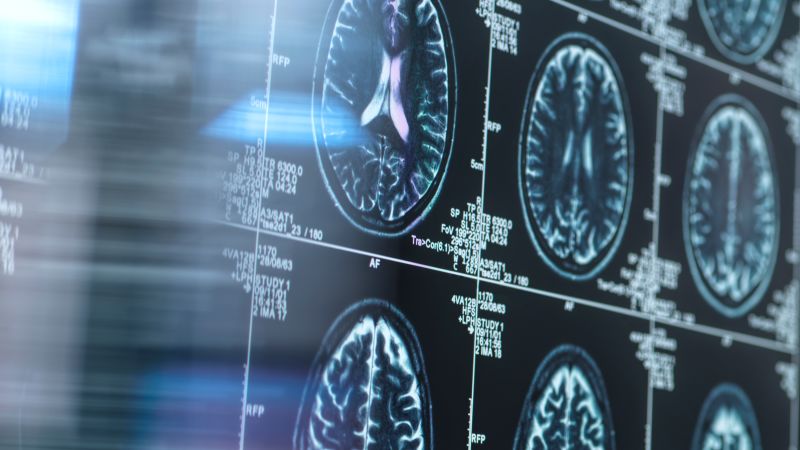In a groundbreaking discovery stemming from nearly a decade of research, scientists at Harvard Medical School have identified lithium—a commonly known mood stabilizer—as a significant factor in understanding Alzheimer’s disease and the aging of the brain. This metal, which gained recognition in the medical world as a treatment for bipolar disorder and depression, has surprisingly emerged as a crucial element involved in maintaining brain health.
The interaction between lithium and our bodies has taken a new turn, with researchers finding that lithium is not only present in our system but also necessary for the normal functioning of cells, much akin to essential nutrients like vitamin C and iron. This revelation has implications for our understanding of neurodegenerative diseases, specifically Alzheimer’s, encouraging further investigation into the metal’s role in brain health.
On a recent Wednesday, findings published in the prestigious journal Nature revealed that restricting dietary lithium in normal mice caused significant brain inflammation and accelerated aging-related changes. In mice engineered to exhibit Alzheimer’s-like brain changes, a low-lithium diet exacerbated the accumulation of beta amyloid proteins, which are known to form plaques and tangles, characteristic of Alzheimer’s. Moreover, this deficiency was linked to more rapid onset of memory loss.
Interestingly, when the researchers ensured that lithium levels remained typical in aging mice, these subjects were protected from the neurons’ deterioration commonly associated with Alzheimer’s. Such findings indicate that maintaining adequate lithium levels may be an essential component in preventing or mitigating Alzheimer’s-related brain changes, which could lead to impactful new treatment avenues for the 6.7 million older adults in the United States diagnosed with the condition.
Dr. Bruce Yankner, a genetics professor at Harvard Medical School and the study’s lead, noted that this research creates an overarching theory explaining the disjointed findings of previous studies surrounding Alzheimer’s. He highlighted the potential for lithium to represent a common pathway leading to the brain’s degeneration that precedes dementia. However, he cautions that more research is needed to determine whether this is one of several pathways contributing to Alzheimer’s.
Supporting the study’s findings, Dr. Ashley Bush, a neuroscientist from the University of Melbourne, described the evidence presented as compelling, suggesting that lithium plays a physiological role, with normal aging possibly impairing the regulation of its levels in the brain.
The study’s methodology involved examining human and animal brain tissues, where it became evident that beta amyloid plaques bind to lithium, creating a scenario in which the depletion of this essential metal impairs the brain’s ability to clear away these harmful proteins. Notably, microglia, crucial cells responsible for clearing beta amyloid and maintaining brain health, were found to be less effective in a lithium-deficient environment.
Compounding this issue, the researchers suggested a vicious cycle wherein increased beta amyloid further depletes available lithium, thereby reducing the brain’s capacity to manage the buildup, indicating the need for a more nuanced understanding of lithium’s role in brain health.
To investigate potential mitigating strategies, the researchers examined various lithium compounds and found that lithium orotate did not bind to beta amyloid. Administering lithium orotate to Alzheimer’s mice helped reduce beta amyloid plaques and tangles, unlocking memory functions that had previously diminished, suggesting that this compound could be a viable treatment option.
Despite the promising results, Dr. Yankner emphasized that treating humans with lithium based on mouse studies is not advisable without further investigation. Current research indicates that the amounts of lithium found in human bodies and the doses used in studies are significantly lower than those prescribed for mood disorders.
Furthermore, the research was significantly funded by the National Institutes of Health, which underlines the study’s reliability and the collective effort to understand this complex relationship involving lithium and brain health.
Overall, this fresh perspective on lithium contributes to a growing body of evidence suggesting its significance in both treatment and prevention strategies for Alzheimer’s disease. It redefines the role of lithium from merely a mood-stabilizing agent to a vital nutrient critical for brain function, bridging the gap between psychological health and neurodegenerative disease management. The ongoing exploration of lithium’s biological significance may indeed illuminate further avenues for behavioral and dietary interventions that promote cognitive health in aging populations.












